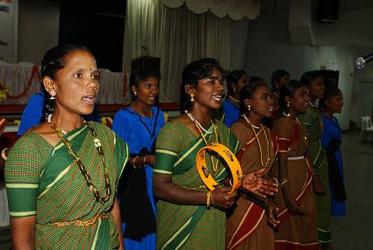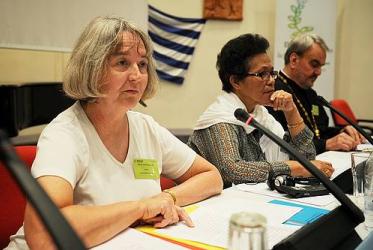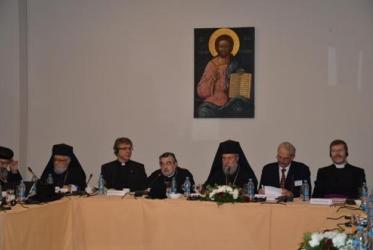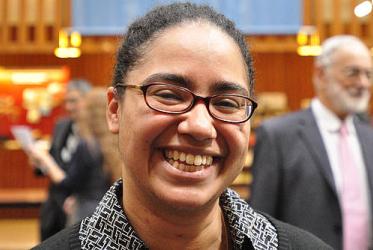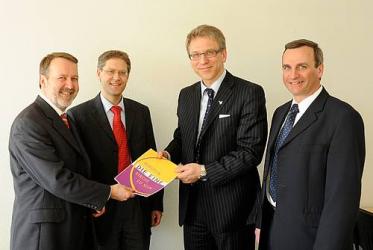Displaying 81 - 95 of 95
Water network develops a theological framework for water justice
12 December 2014
Churches to be more inclusive of persons with disabilities
16 October 2014
WCC launches Faith and Order convergence text
07 March 2013
Churches celebrate Week of Prayer for Christian Unity
23 January 2013
Kobia sees changing landscape
14 February 2008




